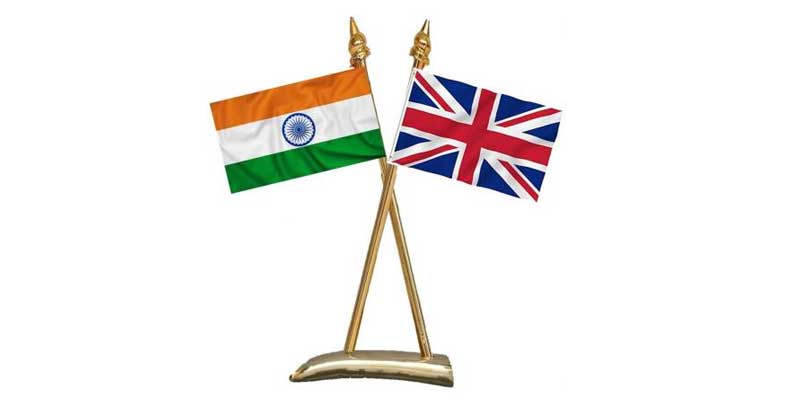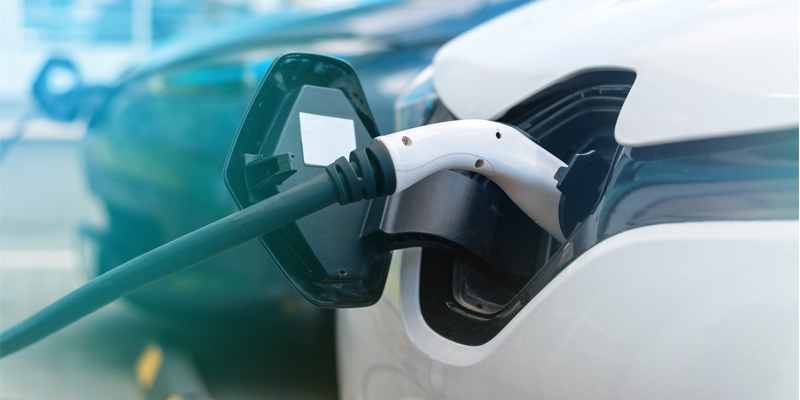Schedule a Call Back
India urged to prioritise domestic manufacturing amidst trade talks with UK
 Industry News
Industry News- Nov 23,23

Experts recommend that India should avoid offering duty concessions, aligning with the government's push for domestic manufacturing of these devices.
Rajinder Singh Kanwar from the Export Promotion Council For Medical Devices suggests that India could consider providing relaxations for equipment not manufactured domestically.
Negotiations between the two countries encompass 26 policy areas/chapters, with investment discussed separately as a bilateral investment treaty between India and the UK, set to conclude concurrently with the free-trade agreement.
As part of the proposed agreement with Britain, India aims for expanded market access for its pharmaceutical products, building on the success of a trade pact with the UAE that facilitates swift regulatory approvals for Indian pharmaceutical products and medical goods in line with developed jurisdictions.
The India-Australia trade deal is anticipated to streamline approvals and quality assessments for manufacturing facilities. In the pharmaceutical sector, positive outcomes are expected from the India-UK deal, including potential regulatory cooperation with the UK's Medicines and Healthcare products Regulatory Agency.
Negotiations for the free-trade agreement between India and Britain, launched in January, initially aimed for a conclusion by Diwali (October 24). However, political developments in the UK led to a missed deadline.
India's primary exports to the UK span ready-made garments, textiles, gems and jewelry, engineering goods, petroleum products, transport equipment, spices, metal products, machinery, instruments, pharmaceuticals, and marine items. Notable imports include precious and semi-precious stones, ores, metal scraps, engineering goods, professional instruments, non-ferrous metals, chemicals, and machinery.
Despite the missed deadline, bilateral trade between India and the UK witnessed an increase from $17.5 billion in 2021-22 to $20.36 billion in 2022-23. The UK remains a significant investor in India.
Source: Deccan Herald
Related Stories

Ingersoll Rand aims to double India business in the next 5 years: Sunil Khanduja
In this interview, Sunil Khanduja, MD, Ingersoll Rand India, emphasises that the company is committed to India while supporting the country’s green and digital industrial transformation.
Read more
Genset industry is poised for growth and innovation: Jameson Mendonca
In this interview, Jameson Mendonca, Power Generation Business Leader, Cummins India Ltd, discusses innovation, sustainability, and Cummins’ roadmap to Destination Zero.
Read more
How Technology is Powering Seamless EV Charging Experiences
The EV charging experience has transformed from fragmented and complex to user-friendly, driven by real-time data integration, seamless onboarding, and intelligent platforms, writes Raghav Arora, Co..
Read more














